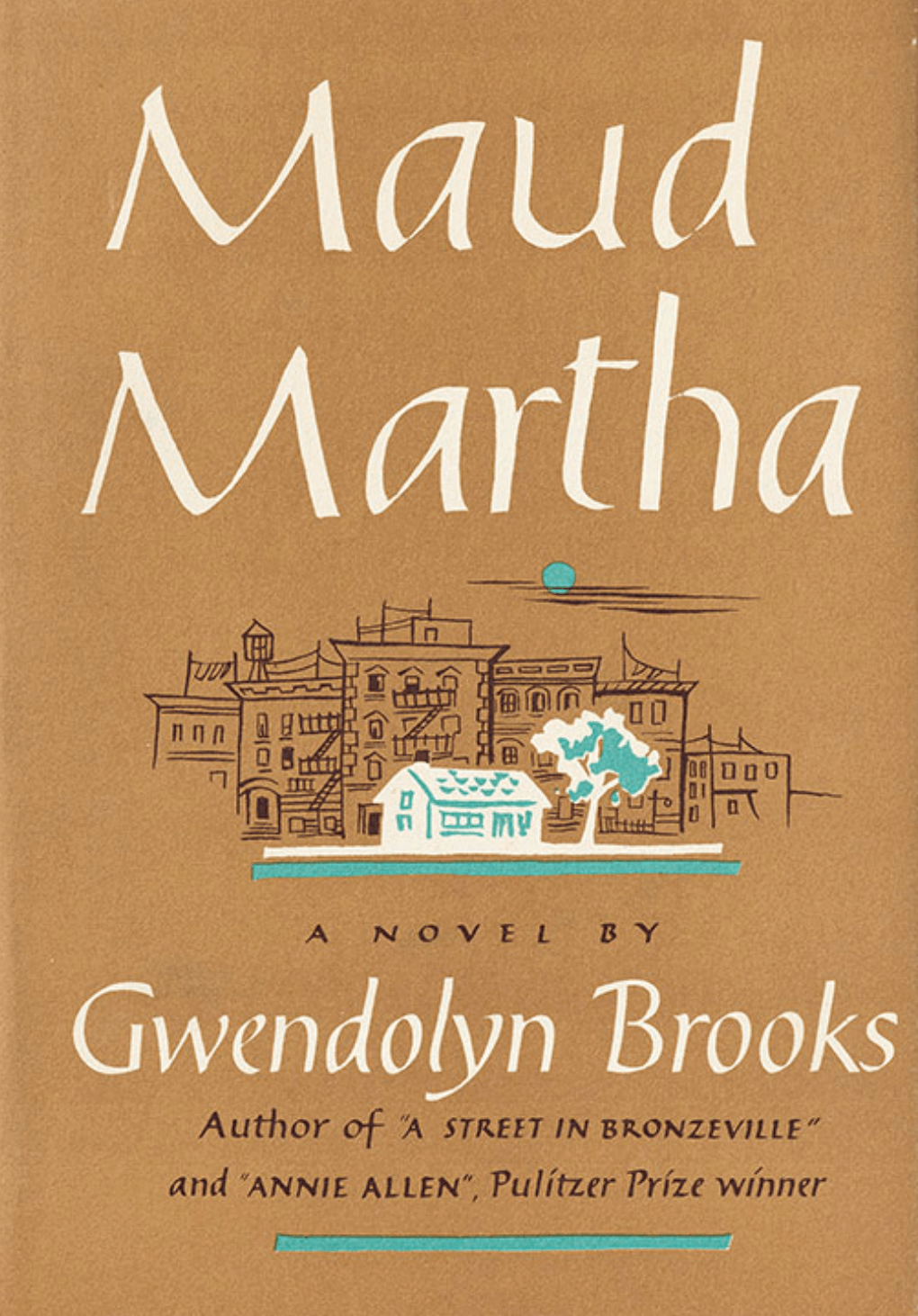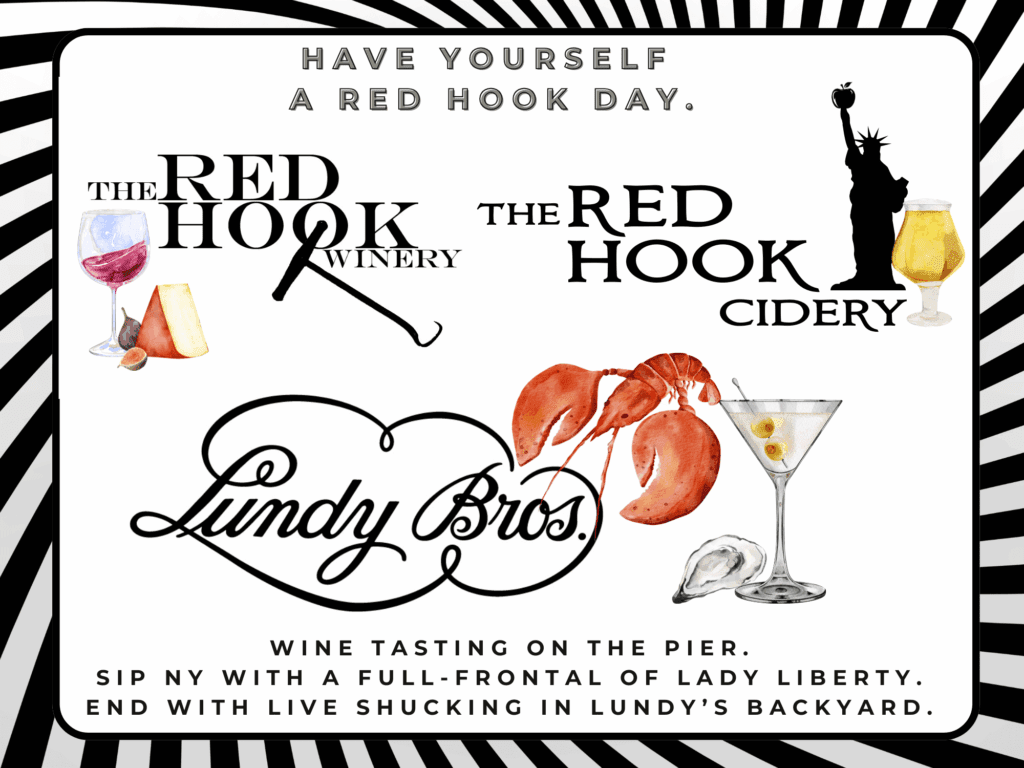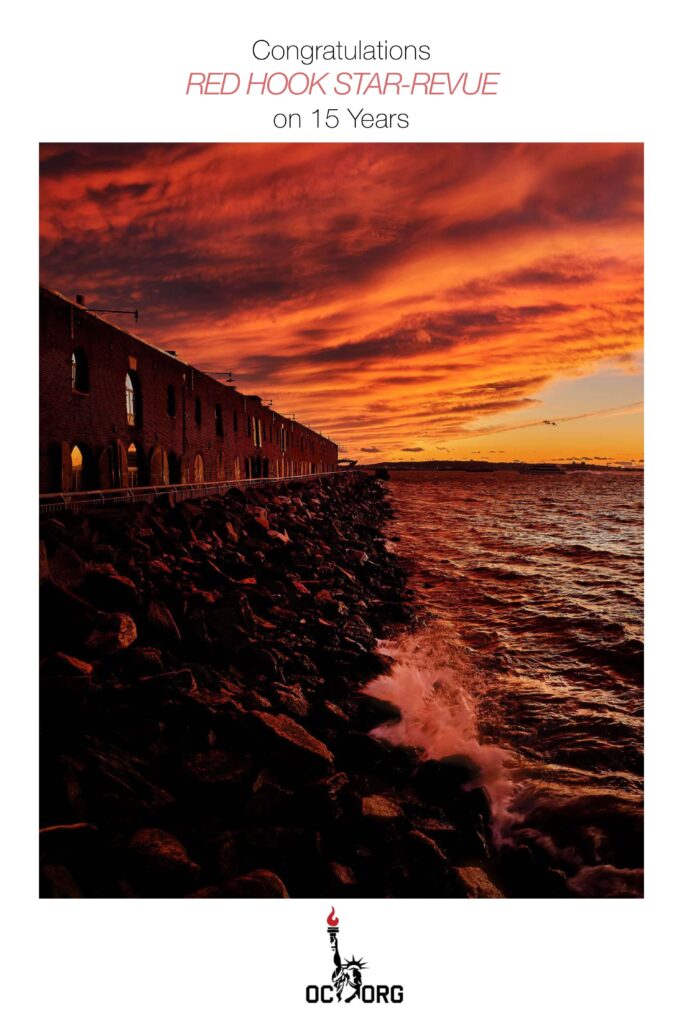Review of Maud Martha, by Gwendolyn Brooks
Gwendolyn Brooks (1917–2000) was an American poet and the first Black person to win the Pulitzer Prize in 1950. Her award-winning book of poems, Annie Allen, focused on the life of an ordinary Black girl living in Chicago’s South Side. Brooks returned to this subject in the only novel she ever published, Maud Martha (1953), a slim volume of short vignettes that was poorly received upon publication and fell into relative obscurity. Yet because of Brooks’ legacy, its name survives. This year marks its 70th anniversary.
Maud Martha is now something of a cult classic, especially loved and championed by poets, including Sandra Cisneros, whose blockbuster The House on Mango Street (1984) uses a similar structure to portray the life of a young Chicana girl in Chicago. Cisneros didn’t discover Maud Martha until after she’d written Mango Street but immediately recognized Brooks as a kindred spirit and Maud Martha as the same kind of book she’d written—a collection of “failed poems.”
You have to read Maud Martha to understand that’s a compliment. And reading Maud Martha is an excellent idea. If you love poetry, you will appreciate its compression of language and concreteness of feeling (and recognize its poetic touches, such as how none of the chapter titles are capitalized). If you hate poetry, you will appreciate how simply and compellingly its story is told.
The book begins when Maud is a little girl, sandwiched between her sister Helen (“the pretty one”) and her brother Harry. They live with their parents in a shabby but well-loved home, with a scraggly yard whose dandelions Maud admires and feels a kinship with: “Yellow jewels for every day, studding the patched green dress of her back yard.”
Childhood is a series of firsts. The kitchen table is the hub of the house, where Maud later remembers learning to cook, drawing a prize-winning picture, and “getting her hair curled for her first party.” Her grandmother’s passing is Maud’s first experience of death, which leaves her clear-eyed about mortality. Maud wonders when her Uncle Harry dies, “Was the world any better off for his having lived? A little perhaps. Perhaps he had stopped his car short once, and saved a dog, so that another car could kill it a month later.”
As a teenager, Maud discovers boys. The first one she’s interested in is a player. Maud vows to resist, but at his touch, “a sloppy feeling had filled her.” The second one is ambitious but pretentious (he wears tweed to show his academic ambitions) and critical of their shared background. He’s resentful of how poverty limits one’s chances, kills one’s spirit, and dulls one’s mind. With disgust, he points out the dirty windows of a dumpy-looking apartment building, the kind of place Maud herself will soon inhabit when she marries Paul Phillips, a good-looking man with big dreams and small means whom she disarms and charms with her self-awareness: “I am not a pretty woman.” On an early date, they compare their skin tones: his light, hers much darker.
The newlyweds take two rooms with a shared bath on “the third floor of a great gray stone building.” They start with grand ideas about spiffing up the place, but its grimness anesthetizes them. With disbelief, Maud watches roaches crawl across freshly washed surfaces. She carries ideas of what constitutes a lovely home from her childhood but realizes that Paul “was not a lover of tablecloths, he could eat from a splintery board, he could eat from the earth.”
Pregnant, Maud watches Paul flirt with a light-skinned woman at a dance. She thinks, “What I am inside, which is really me, he likes okay. But he keeps looking at my color, which is like a wall.” While Maud alone experiences this colorism, the couple has shared experiences of racism. It’s a constant threat. When they realize they’re the only Black couple at the movies, Maud is suddenly conscious of their clothes, the stain on Paul’s shirt. It’s a relief when the lights go down. And yet the movie is good! They enjoy it! Afterward, they want to turn to the people around them and say, “Wasn’t that great?” Instead, they avert their eyes and try to escape quickly.
The most heartrending experience of racism is when Maud takes their daughter, Paulette, to see Santa at the local department store, and he doesn’t want to talk to her. Walking home, the little girl asks her mother why Santa doesn’t like her. It breaks Maud’s heart, but she is a realist. She knows she can’t shield her daughter from the world’s harsher realities.
Maud Martha’s power comes from this refusal to see life as anything other than how it is while also recognizing what makes it great—not life-changing events, but everyday moments: “a marriage made up of Sunday papers and shoeless feet, baking powder biscuits, baby baths, and matinees and laundrymen, and potato plants in the kitchen window.”
Maud pays deep attention to life, closely observing the people around her and appreciating how they struggle and show up for one another. When thinking about what she wants from her life, Maud realizes, “What she wanted was to donate to the world a good Maud Martha.” To be the best version of ourselves is an admirable goal for any of us. Maud Martha encourages us to try. Brooks’ book deserves to be more widely known. Read it, pass it on, and help spread the word.
Author
Discover more from Red Hook Star-Revue
Subscribe to get the latest posts sent to your email.










